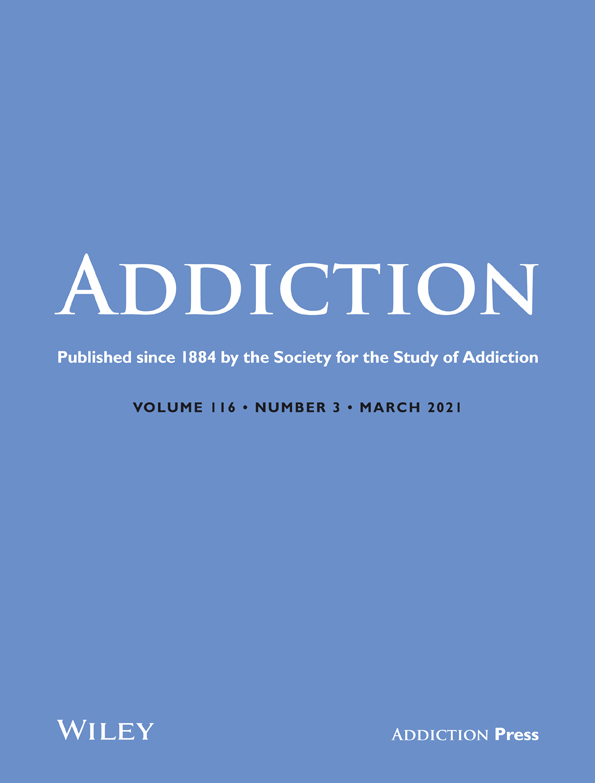A pilot randomized controlled trial of assertive treatment including family involvement and home delivery of medication for young adults with opioid use disorder
Abstract
Background and Aims
Although medications for opioid use disorder (OUD), including extended-release naltrexone (XR-NTX), have demonstrated effectiveness, adherence is often low. We tested the preliminary efficacy of youth opioid recovery support (YORS), a multi-component intervention designed to improve engagement and medication adherence for young adults with OUD.
Design
Single-site randomized controlled trial with 24-week follow-up.
Setting
Community substance use disorder treatment program in Baltimore, MD, USA.
Participants
Young adults aged 18–26 years enrolled in inpatient/residential OUD treatment intending to pursue outpatient OUD treatment with XR-NTX. Twenty-one participants were randomized to YORS and 20 to treatment as usual (TAU). The analyzed sample was 65.8% male.
Intervention and comparator
Components of YORS include: (1) home delivery of XR-NTX; (2) family engagement; (3) assertive outreach; and (4) contingency management for receipt of XR-NTX doses. The comparator was TAU, which consisted of a standard referral to outpatient care following an inpatient stay.
Measurements
Primary outcomes were number of XR-NTX doses received over 24 weeks and relapse to opioid use (defined as ≥ 10 days of use within 28 days) at 24 weeks.
Findings
Participants in the YORS condition received more XR-NTX doses [mean = 4.28; standard deviation (SD) = 2.3] compared with those in TAU (mean = 0.70; SD = 1.2), P < 0.01. Participants in the YORS group compared with TAU had lower rates of relapse (61 versus 95%; P < 0.01). Survival analyses revealed group differences on time to relapse with participants in TAU being more likely to relapse sooner compared with participants in the YORS condition [hazard ratio (HR) = 2.72, 95% confidence interval (CI) = 1.26–5.88, P < 0.01].
Conclusions
The youth opioid recovery support intervention for extended-release naltrexone adherence and opioid relapse prevention among young adults with opioid use disorder appeared to improve treatment and relapse outcomes compared with standard treatment.




